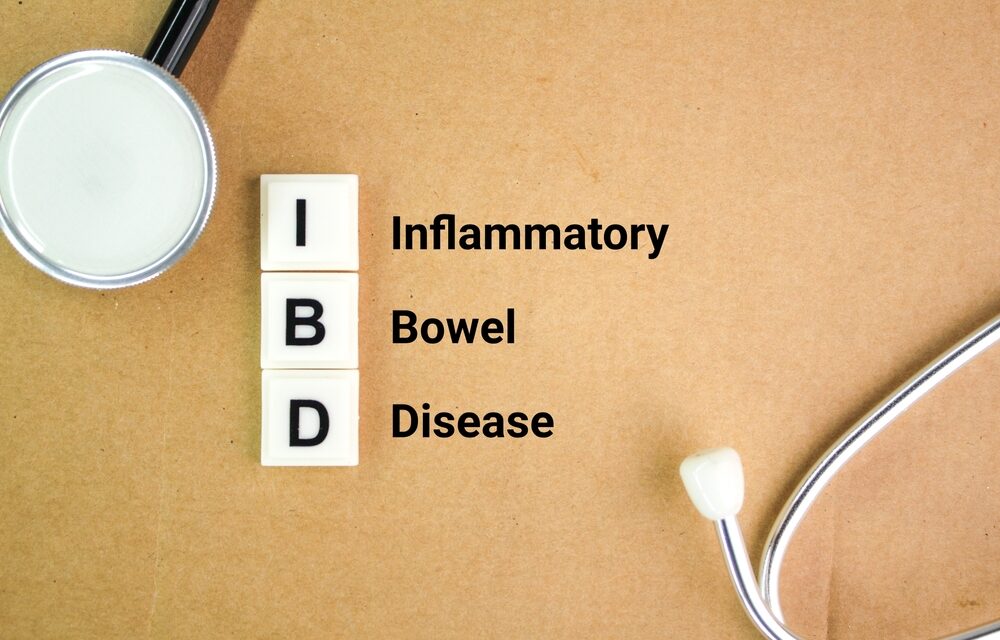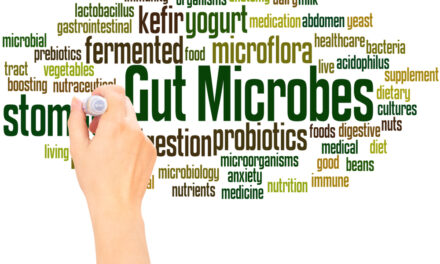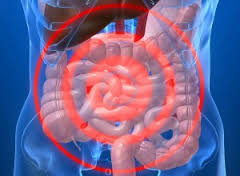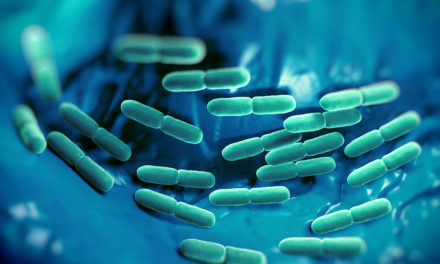TL;DR
-
The Specific Carbohydrate Diet (SCD) removes grains, starches, and certain sugars and can help 45–66% of people with Crohn’s disease go into remission.
-
It works by starving harmful gut bacteria that drive intestinal inflammation.
-
Adding digestive enzymes, improving bile flow, using natural antimicrobials like berberine, and addressing hidden food sensitivities may improve results.
-
Curcumin and vitamin D help reduce inflammation and support intestinal healing.
-
Natural healthcare focuses on removing stressors and rebuilding balance, not replacing medical care.
Editorial
I usually keep this site focused on information rather than opinion—but this topic deserves some discussion. This article is not meant to tell you how to treat your Crohn’s disease or ulcerative colitis (collectively known as inflammatory bowel disease, or IBD). Its purpose is to give you something to talk about with your doctor or a practitioner trained in natural healthcare.
What the Specific Carbohydrate Diet Is
The Specific Carbohydrate Diet (SCD) removes grains, starches, complex carbohydrates, disaccharides (like table sugar and lactose), and most dairy products.
Research shows that 45–66% of patients with Crohn’s disease go into remission on the SCD [1–6].
Why does it help?
Because it starves harmful bacteria in the intestines that drive inflammation. This suggests that in some people, IBD may be caused or worsened by bacterial imbalance—not simply the result of inflammation allowing bacteria to grow, as conventional medicine often assumes.
Why It Doesn’t Work for Everyone
If only 45–66% of patients improve, what about the rest?
It’s possible that different bacteria are involved, or other digestive factors are contributing. Here are a few strategies worth considering:
1. Support Digestion with Enzymes
Taking digestive enzymes can help break down proteins, fats, and carbohydrates—making less food available for harmful bacteria.
Studies show enzymes can improve symptoms in IBD patients [7–9].
In natural healthcare, this isn’t considered a “treatment” but part of improving the body’s infrastructure—removing “straws from the camel’s back.”
2. Address Biliary Stasis (Sluggish Bile)
If bile becomes thick and sluggish, fats aren’t properly digested, which may feed the wrong gut bacteria.
Read more about biliary stasis here.
3. Use Natural Antimicrobials
Berberine is one of the most studied natural antimicrobials [10–16].
It helps reduce inflammation without disturbing normal gut flora.
Other herbal antimicrobials may also help, especially under the guidance of a practitioner familiar with botanical medicine.
Read more about berberine here.
4. Identify Hidden Food Sensitivities
Even “healthy” foods can cause inflammation if your body reacts to them.
Testing options include the Leap test (Oxford Labs) or the simple Coca pulse test you can learn at home.
5. Reduce Inflammation Naturally
Curcumin has been shown to reduce intestinal inflammation [17,18].
Even optimizing vitamin D levels can help calm the immune system and improve resilience.
A practitioner trained in natural healthcare can help tailor these approaches safely. He or she may even have additional suggestions to reduce inflammation.
Final Thoughts
Fortunately, more physicians are beginning to integrate natural therapies into their care. When we move away from the “single-drug/silver bullet” model and focus on rebuilding health step by step, we see real progress—and patients benefit.
Please don’t use this information to self-treat. Use it to find a practitioner who understands both natural and conventional approaches.
References
- Suskind DL, Wahbeh G, Cohen SA, et al. Patients Perceive Clinical Benefit with the Specific Carbohydrate Diet for Inflammatory Bowel Disease. Dig Dis Sci 2016;61(11):3255-3260.
- Kakodkar S, Farooqui AJ, Mikolaitis SL, et al. The Specific Carbohydrate Diet for Inflammatory Bowel Disease: A Case Series. J Acad Nutr Diet 2015;115(8):1226-32.
- Braly K, Williamson N, Shaffer ML, et al. Nutritional adequacy of the specific carbohydrate diet in pediatric inflammatory bowel disease. J Pediatr Gastroenterol Nutr 2017;65(5):533-538.
- Suskind DL, Wahbeh G, Gregory N, et al. Nutritional therapy in pediatric Crohn’s disease: the specific carbohy- drate diet. J Pediatr Gastroenterol Nutr 2014;58(1):87-91.
- World J Gastroenterol. 2016 Feb 14;22(6):2111-7. Response to strict and liberalized specific carbohydrate diet in pediatric Crohn’s disease
- Cohen SA, Gold BD, Oliva S, et al. Clinical and muco- sal improvement with specific carbohydrate diet in pediatric Crohn disease. J Pediatr Gastroenterol Nutr 2014;59:516–521.
- Eur Rev Med Pharmacol Sci. 2017 Jun;21(2 Suppl):102-107. Beta-glucan, inositol and digestive enzymes improve quality of life of patients with inflammatory bowel disease and irritable bowel syndrome
- Am J Gastroenterol. 2018 Jan;113(1):124-134. Increasing Symptoms in Irritable Bowel Symptoms With Ingestion of Galacto-Oligosaccharides Are Mitigated by α-Galactosidase Treatment
- United European Gastroenterol J. 2025 Apr 17;13(6):997–1011. Pancreatic Enzyme Replacement Therapy Improves Exclusive Enteral Nutrition Related Diarrhea in Crohn’s Disease: A Prospective Randomized Trial
- Pharmacological Research Volume 113, Part A, November 2016, Pages 592-599 Berberine and inflammatory bowel disease: A concise review
- Pharmacol., 05 September 2022 Pharmacological effects of berberine on models of ulcerative colitis: A meta-analysis and systematic review of animal studies Sec. Ethnopharmacology Volume 13 – 2022 |
- BMC Biology; 02 December 2024 Berberine ameliorates dextran sulfate sodium -induced colitis through tuft cells and bitter taste signalling
- American Journal of Physiology: Gastrointestinal and Liver Physiology 01 March 2012 Berberine promotes recovery of colitis and inhibits inflammatory responses in colonic macrophages and epithelial cells in DSS-treated mice
- Biochemical and Biophysical Research Communications Volume 695, 5 February 2024, 149411 Berberine alleviates inflammation and suppresses PLA2-COX-2-PGE2-EP2 pathway through targeting gut microbiota in DSS-induced ulcerative colitis
- International digestive disease forum, Hong Kong, 2014 | AbstractVolume 13, Issue 1p215-216January 2015 Berberine Alone and in Conjunction With Immunomodulators Down-regulates Pro-inflammatory CD4+ T-Cells: Implications for a Combined Treatment of Inflammatory Bowel Diseases
- Cancer Prevention Research January 08 2020 A Phase I Trial of Berberine in Chinese with Ulcerative Colitis Free
- Front Nutr. 2025 Mar 24;12:1494351. Curcumin for the clinical treatment of inflammatory bowel diseases: a systematic review and meta-analysis of placebo-controlled randomized clinical trials
- Front Pharmacol. 2022 Jun 20;13:908077 Review of the Effects and Mechanism of Curcumin in the Treatment of Inflammatory Bowel Disease






